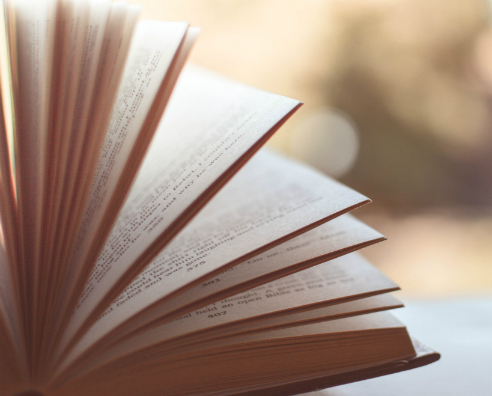
Mrs Graves (Head of English)
This year, Sixth Form students have been invited to join the World Literature Club, an opportunity for students and staff to challenge their reading habits and explore some more global perspectives.
Although the Club might naturally appeal to those who study Literature at A level or as part of the International Baccalaureate, it is not designed to be exclusive to these groups. Any students who are interested in reading beyond the curriculum, and discussing some of the ideas which are so relevant in the world today by considering their presentation in Literature are welcome to attend
By reading texts from across the globe, we hope to interrogate our own ethnocentric view of the world and historical events. We aim to open up a space to discuss some of the issues that are not given as much time on traditional exam curricula, such as British colonial history, attitudes to race around the world and reading gender in modern texts and societies.
Our first text has been Midnight’s Children by Salman Rushdie - a challenging read for all of us as it offers a perspective on Indian independence and the politics of India in the 1960s and 70s, all through the lens of magic realism which Rushdie is known for.
Anna Hull (Upper Sixth) reflected: “Midnight’s Children isn’t the sort of book that I would have picked up on my own, but I’ve ended up really enjoying it. In particular, I think that the use of magical realism is effective, since the contrast of fantastical elements with more mundane details creates humour, while also reflecting the way that India has frequently been exoticised in Western literature. It has definitely made me confront the fact that I know very little about Indian history, and that what I do know about events such as Partition is from a more disengaged British perspective.
“Being part of the World Literature Club has enhanced the reading experience for me, as it’s great to be able to look at the novel and share our ideas in a more informal manner than we usually would in class. Overall, I’m excited to continue reading and discussing it to see how the story unfolds!”
Meranie Kairu (Lower Sixth) recommended The River Between by Kenyan author, Ngũgĩ wa Thiong’o, alongside the main read, she said: “Both authors explore the disruptive effects of colonialism on the psyche of the colonised individual, albeit in different ways. Main characters in both texts are "knocked forever into that middle place," continuously ambivalent about the value of the sacred rites of their culture and new Western ways. The storytelling style of the writers, using native language and captivating digressions, was also similar and unlocked a new depth of understanding of both novels for me.”





















